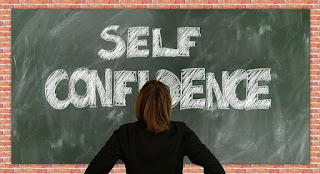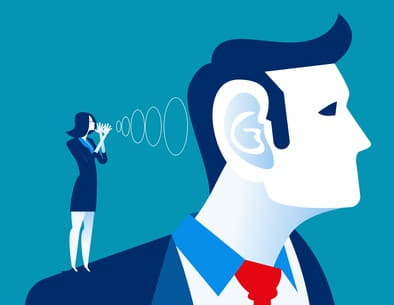What is Self-Empowerment?
The term self empowerment is perceived and defined quite differently by people depending on their own empowerment experiences largely affected by their present occupation or career experiences. A doctor sees it as his ability to maintain calmness and clarity of mind amid most intense situations, and to forgive himself when he could no longer take control of situations. A teacher sees it as her ability to manage her class and get-across learning to her students. A mother sees it as her ability to discipline and raise her children well and to be able to assist them in their times of need.
Self-empowerment is more than just about abilities or capacities to control situations or to make things happen. In essence, it is an unending process of developing inherent potentials as well as acquiring and mastering other competencies as one aspires and endeavours for the attainment of goals oftentimes geared towards one’s own good, of others, or for humanity. Simply, it is a lifetime of strife to become the best version of self and it goes with never-ending wanting to achieve.
Self-empowerment involves positive disposition; to act with positivity as you proactively change circumstances into better situations. It entails action and taking responsibility for it; taking destiny into your hands rather than relying on others to make things happen.
Positive disposition starts with your own volition to choose to see the better part of yourself, of others, and of circumstances. It begets happiness, the inner joy and peace in your own existence regardless how dismal your circumstance is. It effects positive emotions and desires and consequently, happiness on others.
Life is basically hard because you live in an imperfect world. Everyone gets his share of difficulties, unfulfilled expectation, share of setbacks, and failing. But you must choose to view all these on the positive side, with hopeful aspiration and proactive action towards enabling yourself to effect changes that make things, people, and circumstances become better. It is in a way self-control and self-determination.
Proactive action must be coupled with sense of responsibility. Things may not happen the way you expect them to be regardless how carefully you planned your actions. When setbacks and failings happen, you must take full responsibility rather than seek blame on others. Being responsible also entails viewing pitfalls not based on blames but on possibilities by which you could rise and strike for the better one more time.
Self-empowerment is not about aggressive lest reckless action. It entails stepping back, looking at the circumstances from different sides and perspectives, and careful considering of options before forging measures towards proactive response or action. It entails humility to accept that you are not omnipotent; you may always fail, hence, must calibrate your actions with careful planning. It anchors your self-confidence on being able to prepare well and enough for your course of actions.
The
aim of self-empowerment is not to
have control but the ability to use it for crucial areas in your life. The precursor
of self-empowerment is self-awareness, your realistic assessment of yourself.
It is anchored in truthful knowing what is most important in your life and for
which you intend to spend your life with.




Comments
Post a Comment